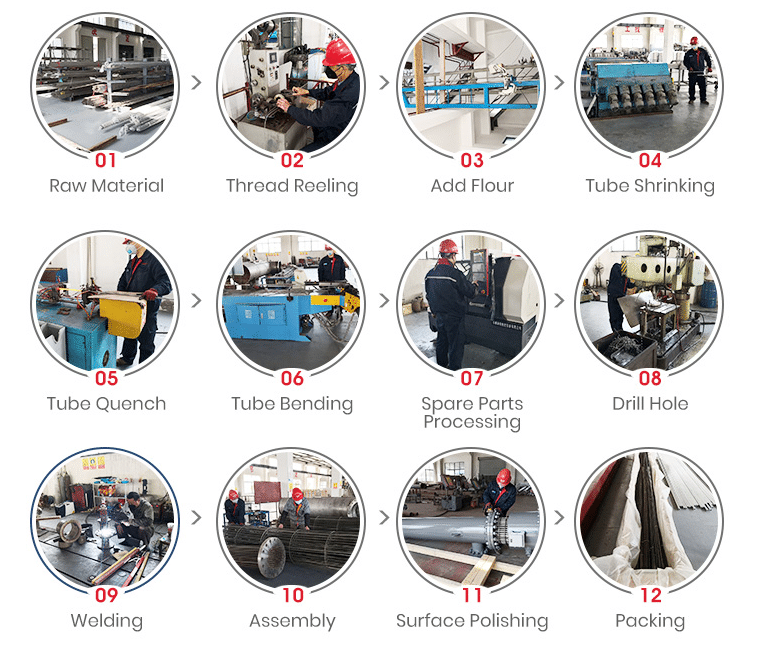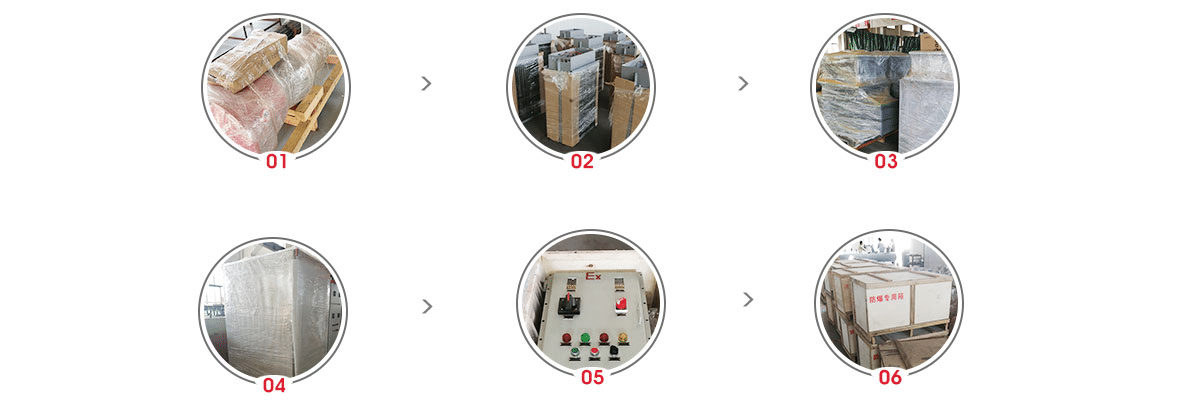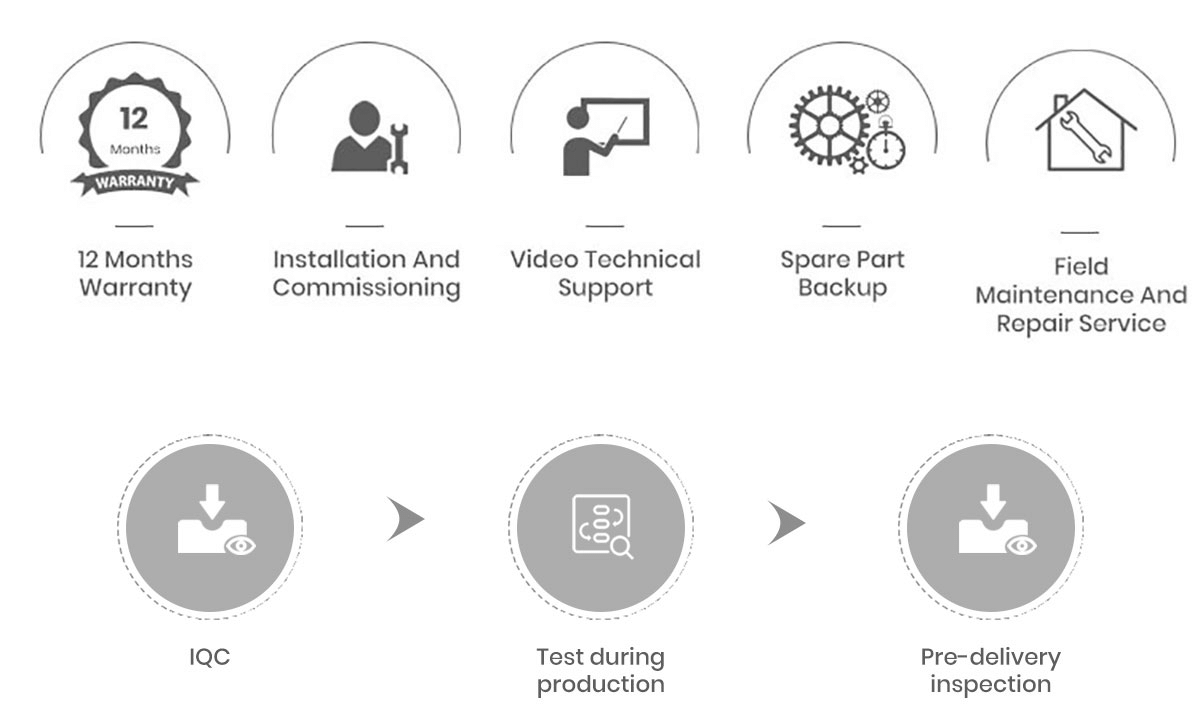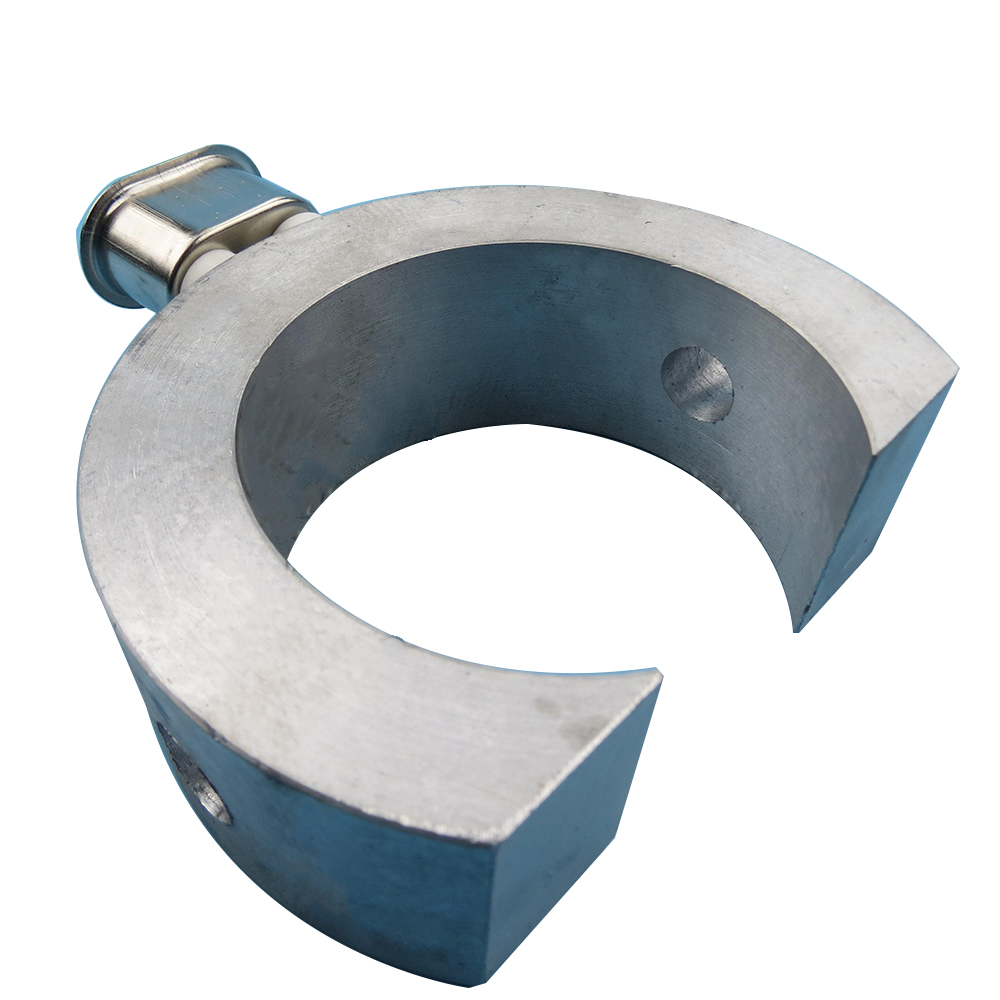Manufacturer for Electric Steam Boiler - Industrial trace heater constant power – Weineng
Manufacturer for Electric Steam Boiler - Industrial trace heater constant power – Weineng Detail:
Feature
The heating value per unit length of the constant power heating belt is constant. The longer the heating belt used, the greater the output power. The heating tape can be cut to length according to actual needs on site, and is flexible, and can be laid close to the surface of the pipeline. The braided layer of the outer layer of the heating belt can play a role in heat transfer and heat dissipation, improve the overall strength of the heating belt, and also be used as a safety grounding wire.
In addition to the characteristics of a single-phase heating cable, the three-phase heating cable also has the following characteristics:
1. The maximum allowable length of a three-phase heating belt with the same power is three times that of a single heating belt
2. The three-phase belt has a large cross section and a large heat transfer area, which can improve the transmission efficiency.
Application
Generally used for heat tracing and insulation of small pipelines or short pipelines in pipe network systems.
The three-phase parallel tape is generally suitable for heat tracing and insulation of large pipe diameters, pipe network system pipelines and tanks.
FAQ
1.Are you factory?
Yes, we are factory, all customers are more than welcome to visit our factory .
2.What is trace heating used for?
Trace heating is the application of a controlled amount of electric surface heating to pipework, tanks, valves or process equipment to either maintain its temperature (by replacing heat lost through insulation, also referred to as frost protection) or to affect an increase in its temperature – this is done by using
3.What is the difference between self-regulating and constant wattage heat trace?
Pipe trace constant wattage has a higher temperature output and tolerance. It consumes more power so it requires a controller or thermostat and some types can be cut-to-length. Self-regulating cables have a lower temperature output and tolerance. They consume less power, but require larger breakers.
4.What is a heat trace controller?
Heat Tracing controllers help control and monitor electrical heat tracing processes for all types of heat tracing applications, from pipe freeze protection to floor heating, and from roof and gutter de-icing to process temperature maintenance.
5.What is heat tracing in piping?
Pipe Tracing (a.k.a heat tracing) is commonly used to ensure that process, fluid, or material temperatures within pipes and piping systems are maintained above ambient temperatures during static flow conditions along with providing supplemental freeze protection in certain applications.
Production Process

Markets & Applications

Packing

QC & Aftersales Service

Certification

Contact information

Product detail pictures:


Related Product Guide:
To meet the customers' over-expected pleasure , now we have our potent staff to offer our greatest general service which includes internet marketing, sales, planning, output, quality controlling, packing, warehousing and logistics for Manufacturer for Electric Steam Boiler - Industrial trace heater constant power – Weineng , The product will supply to all over the world, such as: Belgium, Rwanda, Hungary, With a wide range, good quality, reasonable prices and stylish designs, our items are extensively used in this field and other industries. We welcome new and old customers from all walks of life to contact us for future business relationships and achieving mutual success! We welcome customers, business associations and friends from all parts of the world to contact us and seek cooperation for mutual benefits.
Wide range, good quality, reasonable prices and good service, advanced equipment, excellent talents and continuously strengthened technology forces,a nice business partner.






